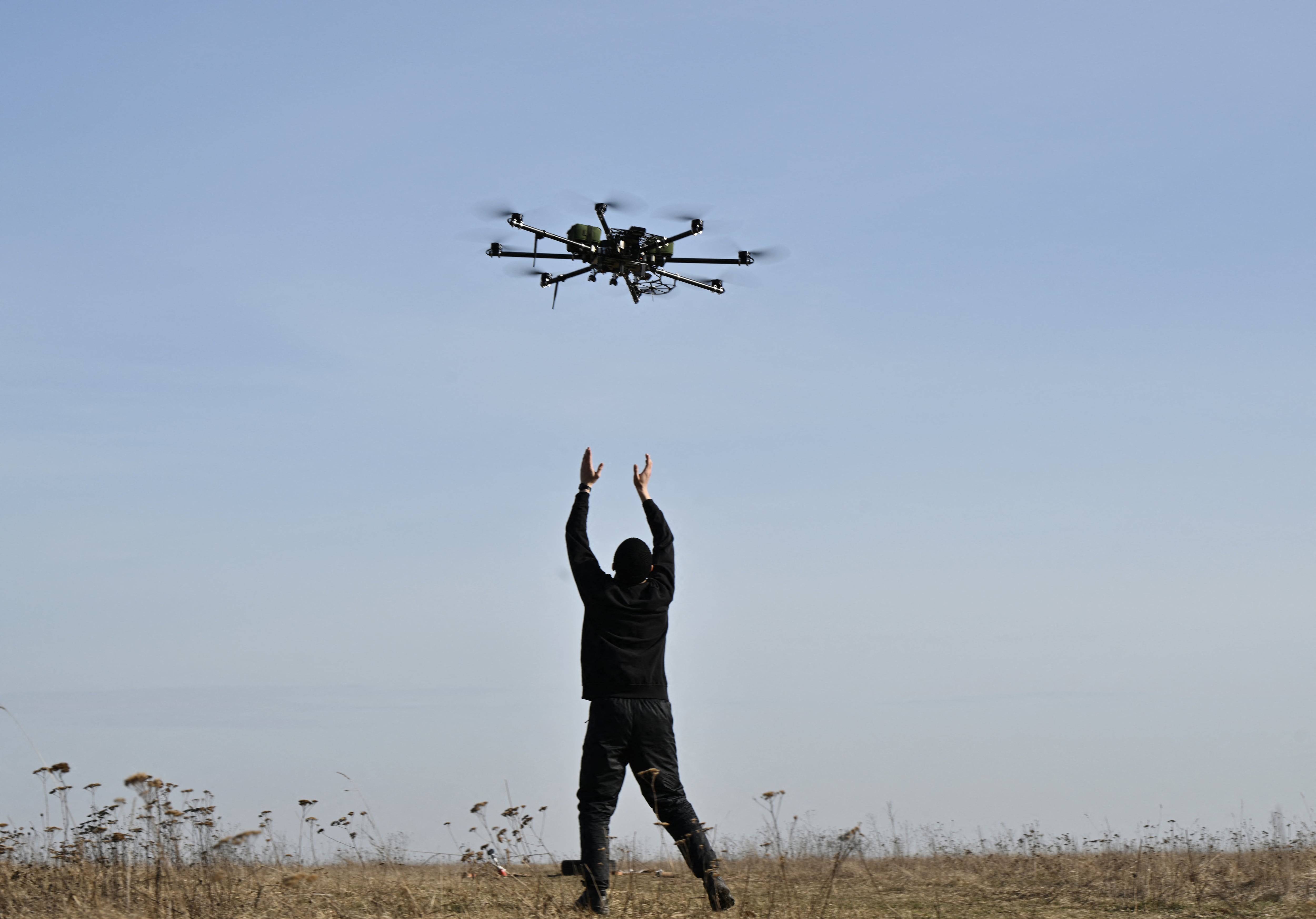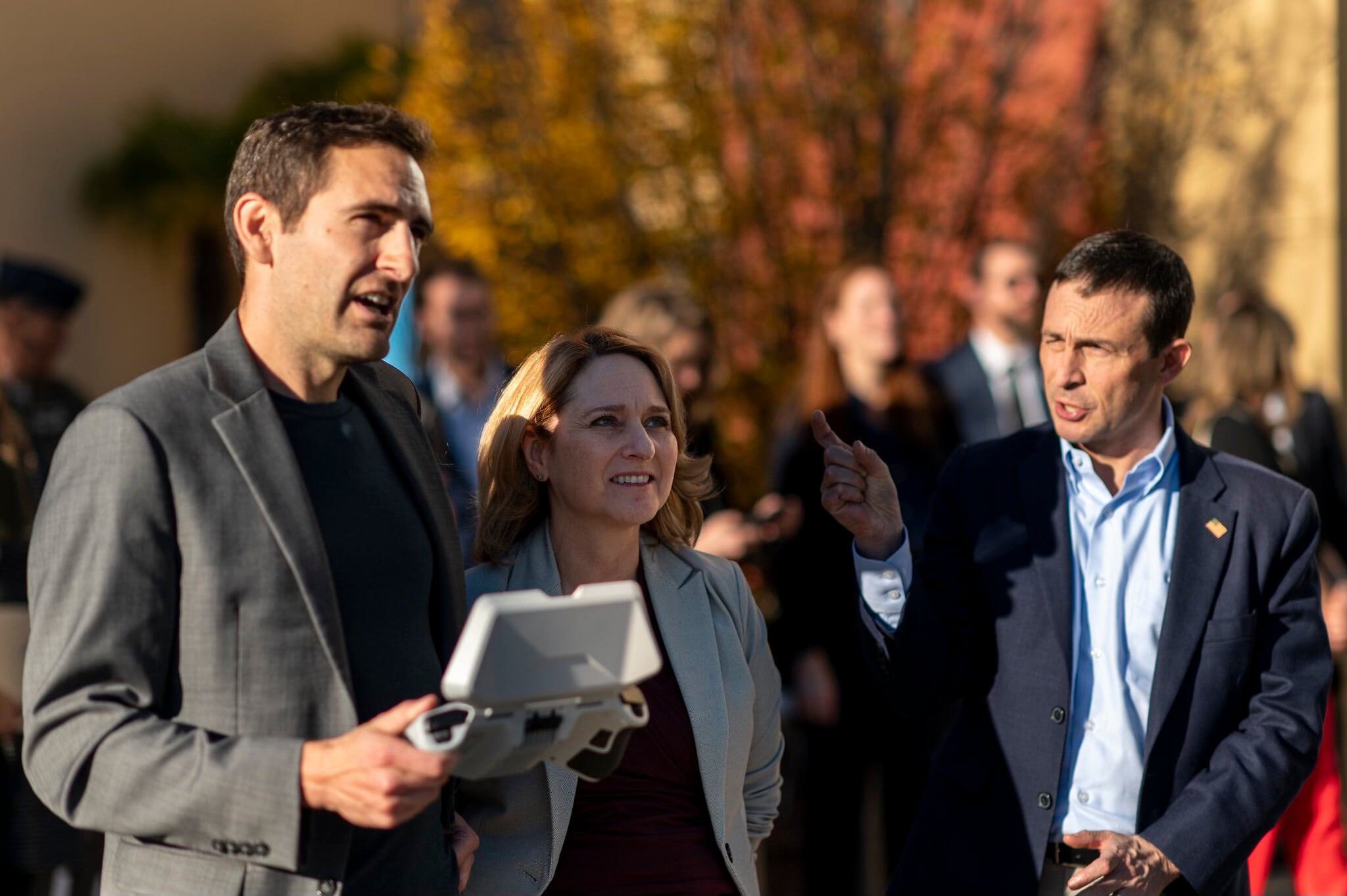Leaders from the satellite imaging industry presented a long list of regulation reforms they want to see from the Trump administration during a panel discussion March 14 during the 2018 Satellite show held in Washington D.C.
To allow the space industry to thrive, industry officials called for a regulatory process that is more efficient, transparent and narrowly focused. The panelists described the current regulatory regime as a convoluted process that stifles innovation and “tells you no slowly, but can’t tell you why.”
The remote sensing regulatory environment currently operates on “the presumption of no,” said Walter Scott, executive vice president and chief technology officer at Maxar Technologies. Last year Maxar acquired satellite imagery provider DigitalGlobe. “If telecommunications had been regulated this way, instead of smartphones we’d be up here with devices that have big dials and wires attached to them.”
A common concern among the industry panelists was the rise of competition in the space domain, especially from foreign actors that are less constrained by regulatory burdens imposed on American space companies.
“Taking three months to write a report to make a committee to study something about a decision just doesn’t cut it in a world where this technology is becoming rapidly available to almost everyone,” said Peter Platzer, the chief executive, a satellite imagery company based in St. Louis.
DoD leaders have historically said reviews are necessary to understand the national security implications of new satellite technology. Only a handful of DoD officials served on panels during the four day conference.
Industry leaders said they hoped their grievances will be well received by the Trump administration, which has taken a both a pro-space and anti-regulation posture in its first year. The administration reactivated the National Space Council last summer and President Donald Trump recently floated the idea of creating a new “Space Force” dedicated to space warfare.
A report from the Department of Commerce on space regulations is due out by July 1. The department’s secretary, Wilbur Ross, has said he wants to reform the process by creating a single space commerce office. (Ross headlined a keynote dinner to satellite leaders during the conference.) The panelists said they were hopeful that the report would lead to a more streamlined and transparent space licensing process.
Some in the space community have proposed the idea of “permissionless” authorization, in which space licence applications would be automatically approved unless a specific objection is proposed within a determined number of days.
“I don’t think we’re going to go that far,” said Peter Hays, a space policy consultant who works with the Department of Defense. “But I think we’re heading in that direction.”






